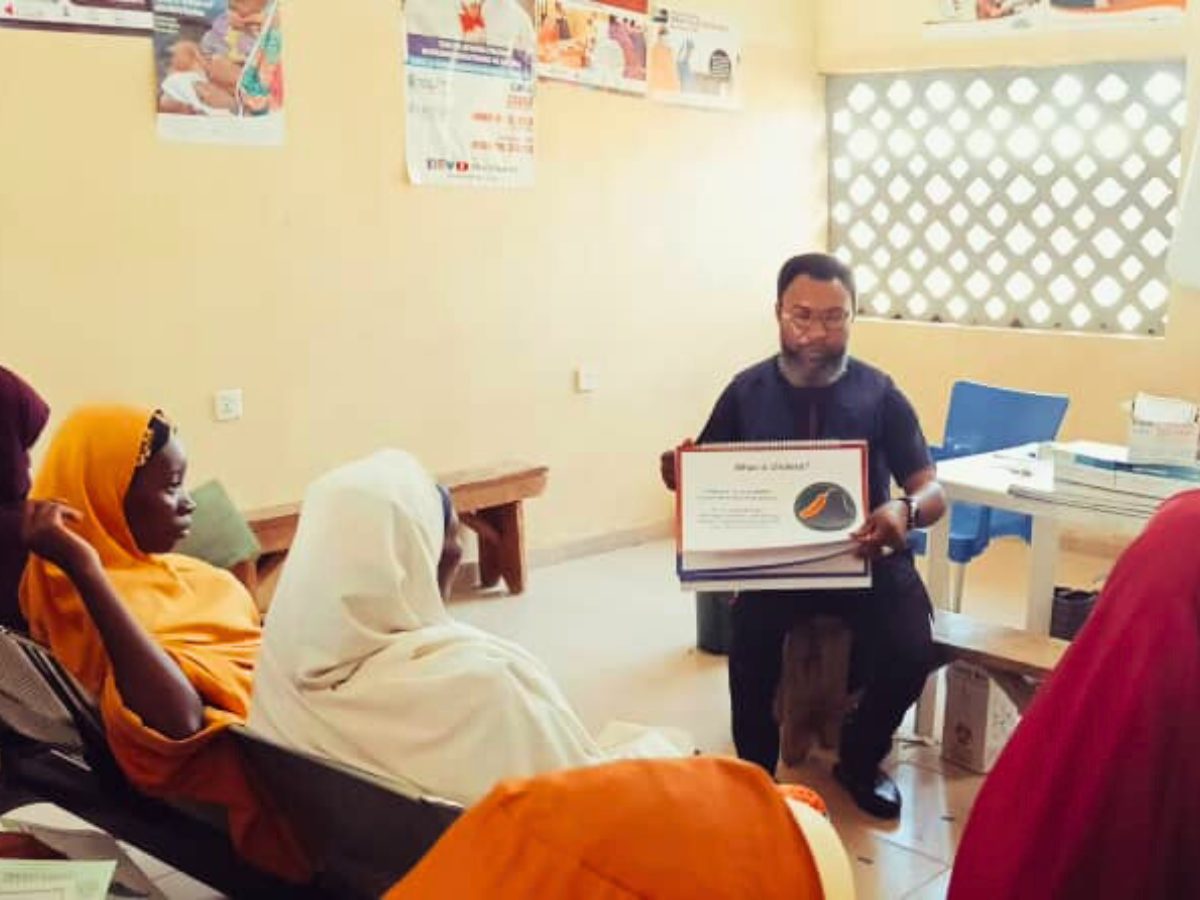The COVID-19 pandemic highlighted the need for healthcare systems around the globe to learn lessons on how to manage the complexities and challenges of sudden health crises. To address these challenges, Wafaa El-Sadr, MD, MPH, MPA, founder and director of ICAP at Columbia University, collaborated with Julia Iyasere, MD, executive director of the Center for Health Justice at NewYork-Presbyterian (NYP), and Emme Deland, senior vice president and chief strategy officer for NYP, who serves as strategy and senior advisor to the Center for Health Justice, to develop the Responding to Epidemics and Crises in Health (REACH) Fellowship, a novel fellowship to strengthen pandemic preparedness. This innovative, one-year program provides a select group of NYP staff across a variety of health disciplines an opportunity to learn how to predict, manage, and lead robust responses to complex health emergencies, including emerging infectious diseases and other health crises.
“The overall purpose is to learn in real time from what has happened over this past year and to develop dynamic responses to end the pandemic and inform future responses to global health threats,” said Susan Michaels-Strasser, PhD, MPH, senior director of Human Resources for Health Development, who leads the REACH Fellowship at ICAP.
Candidates who demonstrated exemplary responses to the COVID-19 pandemic were nominated by senior vice presidents at NYP. The inaugural cohort of six REACH fellows for February 2021-22 are: Loren Avellino, manager of community affairs at NYP; Robert A. Glaser, corporate director of supply chain at NYP; Linda Golding, staff chaplain and coordinator of pastoral services at NYP/Columbia University Irving Medical Center; Whitney C. Harris, nurse practitioner program director at NYP Morgan Stanley Children’s Hospital; Tochi Okorie, director of quality patient safety and regulatory affairs at NYP Brooklyn Methodist Hospital; and Robert Weitzman, director of operations at NYP Lower Manhattan Hospital.
“As a REACH fellow and an advanced practice nurse, I aim to always advocate for a healthcare system dedicated to providing equitable, high-quality care to all,” Harris said.
Fellows are being trained to work collaboratively within healthcare systems, local communities, and with state and regional public health leaders not only to effectively respond to and mitigate crises but also to build more community-centered, resilient health responses when public health threats emerge. To this end, fellows are participating in four one-week intensive sessions with guest speakers who are leaders and experts in their field, topical webinars and interactive exercises, and collaborative reflections on the COVID-19 response. Additionally, they will complete a capstone project relevant to their specific discipline and interest. They will present their work in January 2022 during a handover to the second cohort of REACH fellows.
“As a REACH fellow, I aim to reach within in order to reach out,” Golding said.
About ICAP
A major global health organization that has been improving public health in countries around the world for nearly two decades, ICAP works to transform the health of populations through innovation, science, and global collaboration. Based at Columbia Mailman School of Public Health, ICAP has projects in more than 30 countries, working side-by-side with ministries of health and local governmental, non-governmental, academic, and community partners to confront some of the world’s greatest health challenges. Through evidence-informed programs, meaningful research, tailored technical assistance, effective training and education programs, and rigorous surveillance to measure and evaluate the impact of public health interventions, ICAP aims to realize a global vision of healthy people, empowered communities, and thriving societies.
About the Dalio Center for Health Justice
The Dalio Center for Health Justice at NewYork-Presbyterian is dedicated to understanding and improving health equity, addressing health justice, and driving action that results in measurable improvements in health outcomes for all. The center aims to reduce health disparities that disproportionately affect communities of color. A convener, collaborator and grantor, the Dalio Center for Health Justice brings together renowned experts in diverse fields to fuel change and support health justice among NewYork-Presbyterian team members, our patients and communities, and ultimately local and national policy. The Dalio Center for Health Justice was established with support from Dalio Philanthropies, whose founder, Ray Dalio, is a NewYork-Presbyterian Trustee and an important thought partner behind the Center.







